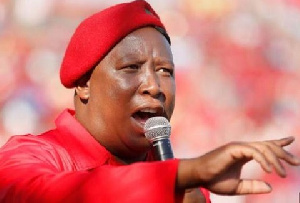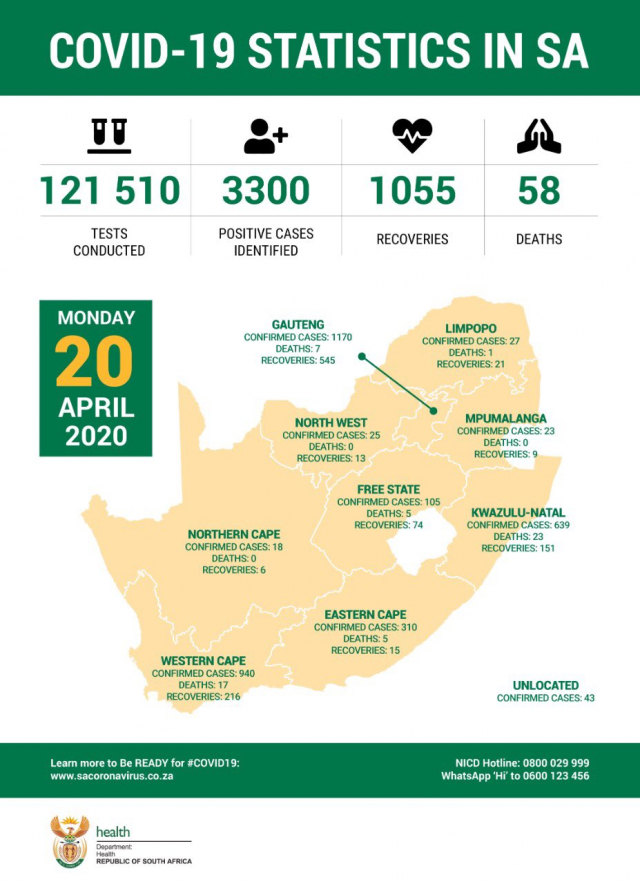Julius Malema Barred From UK Over “Public Good” Concerns

In a move sparking considerable debate, controversial South African opposition Member of Parliament, Julius Malema, has been denied entry into the United Kingdom. This marks the second time in two months that Malema, leader of the Economic Freedom Fighters (EFF) party, has been barred from entering the UK.
UK Cites “Public Good” and Malema’s Stance on Hamas
The UK Home Office stated that Malema was deemed “non-conducive to the public good” and that granting him entry would be “undesirable.” A letter released by the EFF detailed the Home Office’s reasons, which included Malema’s vocal support for Hamas. Specifically, a speech he made after the October 7th attacks, where he declared his party would arm Hamas if they came to power, was cited.
The Home Office also referenced Malema’s past “statements calling for the slaughter of white people [in South Africa] or hinted that it could be an acceptable option in the future” as a basis for their decision.
EFF Condemns Decision, Defends Malema’s Views
The EFF, which placed fourth in South Africa’s parliamentary election last year, swiftly condemned the UK’s decision as an act of “cowardice” designed to stifle democratic debate. The party accused the UK of distorting Malema’s views, arguing that his comments on potential social violence and resistance in South Africa reflect the “genuine frustrations of Africans who are excluded [from the economy] at the behest of a white minority.”
The EFF affirmed that neither Malema nor the party would “trade” their “revolutionary beliefs in exchange for a visa.” They declared, “The UK and all of its allies can keep their visas, and we will keep our Africa and a commitment to support the oppressed of the world, especially the Palestinian people.”
“Kill the Boer” Controversy and Court Ruling
Malema’s controversial song “Shoot to kill” and “Kill the Boer” gained international attention when it was featured in a video played by President Donald Trump during South African President Cyril Ramaphosa’s recent visit to the White House. Trump asserted that the song incites violence against the ethnic Afrikaner group.
However, South Africa’s Supreme Court of Appeal previously ruled that these lyrics do not constitute hate speech. The court found that the song was a “provocative way” of advancing the EFF’s political agenda to end “land and economic injustice.” The court also clarified that “a reasonably well-informed person” would understand that “protest songs are sung, even by politicians, the words are not meant to be understood literally, nor is the gesture of shooting to be understood as a call to arms or violence.”
Malema’s Anti-Imperialist Stance and Land Reform Advocacy
Malema is a staunch critic of what he terms “Western imperialism.” He champions the nationalization of white-owned land in South Africa, a policy he believes is essential to address the enduring legacy of colonialism and the discriminatory apartheid system, which officially ended in 1994 with the rise of Nelson Mandela and the African National Congress (ANC).
Second Denial and Future Implications
While the first denial of entry was attributed to a late application, a British official in South Africa confirmed to the BBC that this latest refusal was a “substantive decision.” According to a letter released by the EFF, the Home Office has stated that Malema has no right of appeal and is likely to be denied any future visa applications. A Home Office spokesperson, in line with their policy, declined to comment on individual cases.
Divided Opinions and South Africa’s Economic Reality
The UK’s decision is likely to be welcomed by some of Malema’s critics in South Africa, who may hope for a more cautious approach in his future public statements. Conversely, his supporters will likely view this as an attempt to silence dissenting voices and target him for expressing views that the UK finds disagreeable.
South Africa continues to face significant socio-economic challenges. Official statistics show the country’s unemployment rate has risen to 33%, with black individuals disproportionately affected. The EFF’s base, largely comprising young people, believes more radical measures are necessary to combat racial inequality and injustices. Despite this, the EFF saw a slight decline in support in last year’s election, garnering less than 10% of the vote and falling to fourth place, with some support shifting to former President Jacob Zuma’s uMkhonto weSizwe (Spear of the Nation) party.





